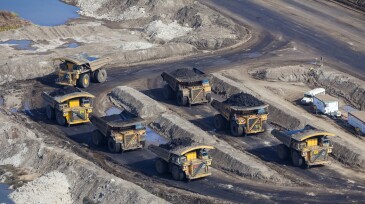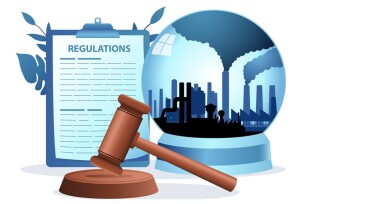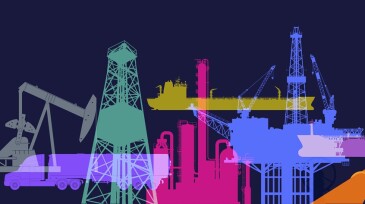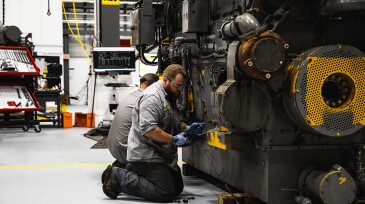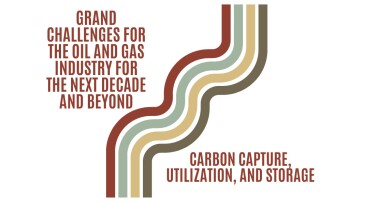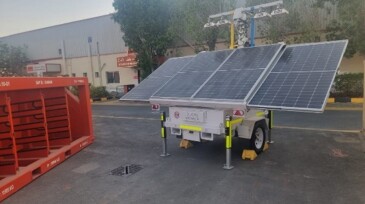greenhouse gases
-
The US Environmental Protection Agency withdraws its legal basis for federal vehicle GHG standards, setting up potential court challenges.
-
Monitoring on the ground is helping the industry shift from best estimates to hard data so it can bring the true emissions profile into focus.
-
Absolute greenhouse-gas emissions from Canadian oil sands increased by less than 1% in 2024, even as production grew, according to an analysis by S&P Global Commodity Insights, which cited gains in efficiency for the trend.
-
The agency’s administrator said the program “does nothing to improve air quality.”
-
This paper serves as a comprehensive overview of greenhouse-gas emission source data visibility in oil and gas production operations.
-
SponsoredIncomplete combustion results in harmful emissions like methane and carbon monoxide. Qube Technologies uses continuous-monitoring sensors to detect and address these issues in real time, reducing methane emissions by 61%.
-
To choose the right technologies for a gas-compression package, it’s critical for operators to have a clear understanding of their business and greenhouse‑gas emissions-related goals. Operators also need clarity concerning the impact of evolving requirements on total cost of ownership as well as potential financial ramifications.
-
Transition requires action, not perfect technology, but challenges remain around scalability, cost, and revenues.
-
The Earth has huge capacity to store carbon dioxide emitted from energy production. This article discusses the technology of carbon capture, utilization, and storage (CCUS) and its challenges.
-
SponsoredTAQA bears the burden of reducing carbon emissions from the fossil fuel energy cycle and pays its undivided attention to decarbonizing its operations. In this article, it sheds light on its initiatives and approach to decarbonizing the oil and gas exploration and production industry.
Page 1 of 7



